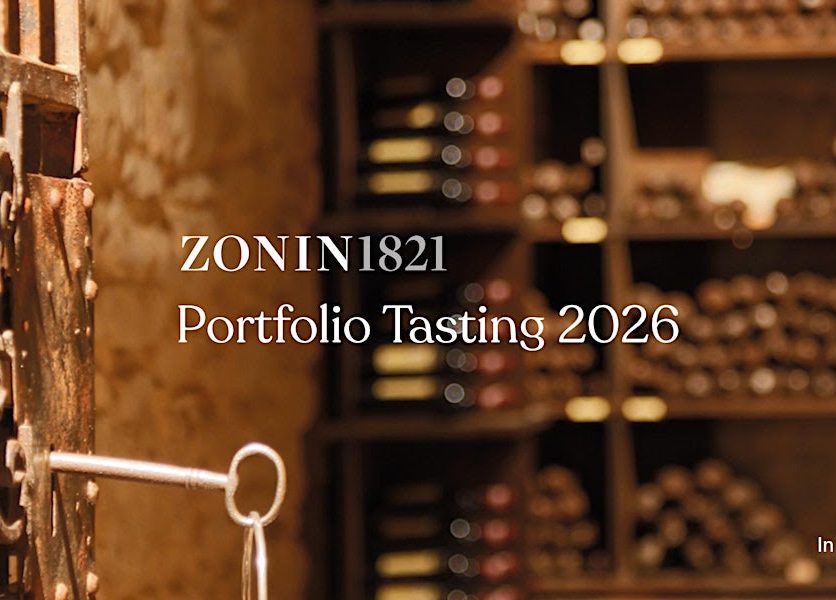Bar owners ‘will have to boost low ABV options’ to attract Generation Z
Almost half of bar managers have seen a rise in demand for non-alcoholic cocktails at their sites, according to a new report looking into the ways “Generation Z” is shaping the drinks industry.
Adults aged 18-24 believe they are “more scrutinised” than any generation, according to a report by Opinium and Red Brick Road, causing a knock-on effect in the way they treat alcohol.
Speaking at a panel discussion on the launch of the report last week Steve Looney, Opinium’s researcher, said that a combination of upheavals in politics and technology and over the past decade — and the lasting effects of the 2008 financial crisis — have caused young people to need more “control” when they go out than other age groups. This, in-turn has led to Gen Z-ers drinking less.
“The big surprise is the level of control they need in their lives,” he said.
“They need control, they don’t want to lose it…and alcohol does that.
“It’s a factor older generations don’t have.”
According to the report, there was a 35% increase in Google searches for the phrase “Dry January” since last year. An extra 1.1 million people said they were planning to take part in Dry January this year compared to 2018, according to a recent YouGov poll, while a recent study by the Portman Group found that 24 % of British drinkers are keen to cut back on booze, rising to nearly a third (31%) for the 18-24 year old bracket, dubbed ‘Generation Sensible’.
However, the Opinium/Red Brick Road report found that 18-24 year-olds are not moving away from the on-trade altogether. Looney said there are still many similarities in the drinking habits of Generations X and Z. There is a “strong link between socialising and fun, but there is a clear difference in behaviour.”
Around two thirds of young adults said they feel more scrutinised than any other generation in history, according to the report. Jono McConnell, senior planner at Red Brick Road, noted that the prevalence of social media has had a strong impact on behaviour on nights out, with some Generation Z-ers using two separate Instagram accounts — one that can be seen by employers and the general public, the other private and only shared with close friends — to protect their public image.
Partner Content
“They’re aware of their image as social currency,” he said. As a result, 48% of of bar managers have seen a rise in demand for non-alcoholic drinks at their sites.
Brogan Tate, a 24-year-old lifestyle blogger and one of the panelists at the report’s launch, said that, although she drinks, she “doesn’t like the peer pressure of drinking so much.”
“I used to go clubbing and order a coke, and tell everyone it had vodka in it.”
This reasoning goes a long way to explaining the success of drinks companies such as Seedlip, which produce non-alcoholic spirits that can be used as a substitute for vodka or gin. “They don’t want to be infantilised,” McConnell said. “They want to feel like they’re part of the same night out, just without the alcohol content.”
“If bars want to keep that clientele they’ll have to boost those (low ABV) options,” Johanna Gerhold, Google’s industry head, said.
Alice Lascelles, the Financial Times’ drinks editor, said Seedlip has “kicked the door down” for other companies to do the same. This year, Diageo-owned gin brand Gordons is set to launch two flavoured, low-alcohol gin and tonics in bars and pubs, after the initial release of the pre-mixed drinks at supermarkets in June.
Lascelles added that bartenders now see it as a “badge of honour” to be able to create low ABV cocktails at the same level of quality as their alcoholic counterparts.




